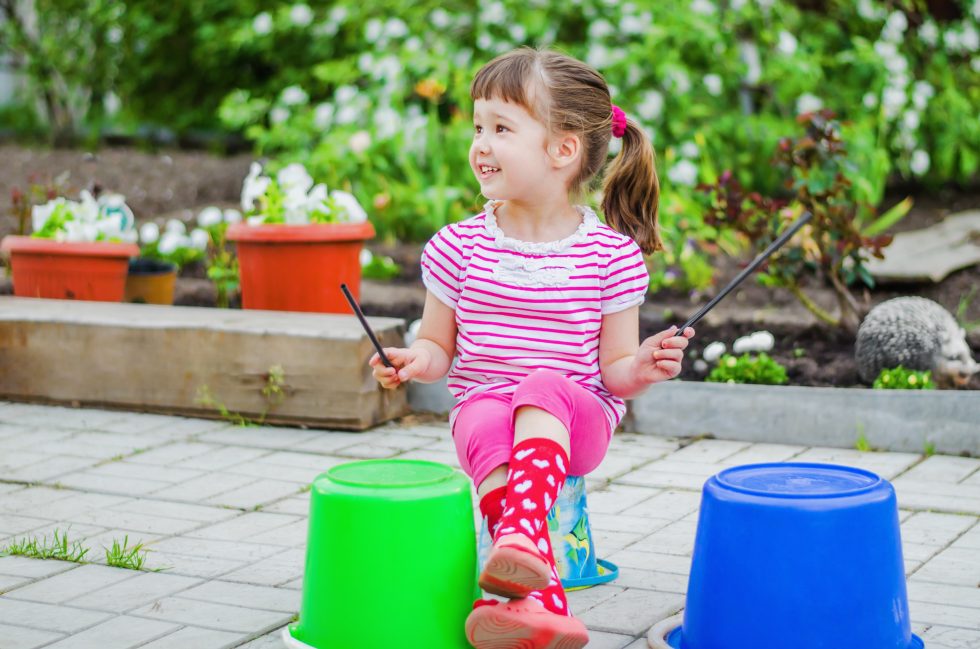
Embracing early assessment is investing in your child’s future
Why should I assess my child’s development?
Interestingly the early years are the most important for building a child’s future development and success in life, far beyond learning and academics, but also their socialisation and ability to make and maintain rewarding relationships. This early period is when rapid brain growth occurs which forms the foundations for learning, wellbeing, and success for the future.
This is the time when we as parents need to fully understand our children’s development - assessment plays a vital role in this. Just in the same way that we measure our children’s hearing, weight, and height, it is also important that we measure other areas of development.
Assessment will show us where our children’s strengths are and where they may need some help. Supporting any areas of need such as language or attention can change the trajectory of your child’s future, giving them increased success in learning and interaction with others. Effective assessment is the basis for this.
So, what does assessment involve?
The word ‘assessment’ can have negative associations, and I am not suggesting sitting your 2-year-old down for a written examination. Assessment at this age takes the form of observing what your child can and cannot do in relation to set milestones in physical skills, language development, attention skills, socialisation, wellbeing, interest in books and mark making as well as curiosity and play. Curiosity, for example, when measured, can be nurtured in young children and this will become the foundation for a child’s motivation to learn in school.
Observing our children as they play can give us really important information. So often we jump in and engage in their play rather than waiting, watching, and listening. Having access to trusted and robust milestones then allows us to understand how our children are developing and where their interests and strengths are.
Surely every child develops at a different rate?
Every child is unique and develops at different rates and this can be fine as long as your child is not struggling in an area. We may not know this without assessment, and it is important to understand that a child’s needs can present as behaviour. An example of this may be a child who is showing some sensory needs and 'presents' as constantly moving or pushing or biting. Understanding that this is a sensory need will enable you to respond to that need appropriately and see that behaviour change. My son was a biter, he bit everything that moved, but when I understood it was a sensory issue, I stopped shouting at him and instead gave him crunchy food. He stopped biting within 2 days!
Early childhood assessment is a powerful tool that empowers parents not only to understand their children fully but also to make sure any support is effective as it is focussed on the appropriate areas.
Finding an effective assessment tool is essential and that is why we developed the Arc Pathway at Home app with a simple yet sensitive assessment for parents to profile their children. We not only wanted to provide parents with the ability to assess their children but also to have access to bespoke next steps to nurture and support their children’s development, written by specialists. In this way, parents can be fully supported every step of the way and feel peace of mind that they are doing the best thing for their child at each point of the journey.
Further Reading
Get in Touch
Have any questions?
We’d love to hear from you!







